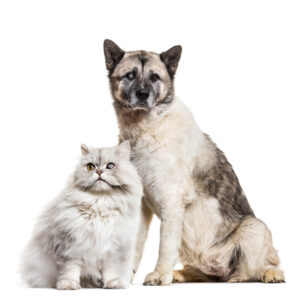Our animal hospital offers comprehensive care for pets at all stages of life, prioritizing their well-being and happiness. As pets grow older, it becomes crucial to schedule regular exams to identify any changes in their health. We consider pets aged seven years and above to be senior.
Pets in their senior years experience changes in their bodies much like elderly humans do. As they age, they are at a higher risk of developing chronic conditions such as major organ failure, tumors (benign and malignant), arthritis, hearing and vision loss, and dental disease. However, pet owners should be aware that many of these disorders and diseases can be managed or resolved through medical intervention, especially when detected early.

Dog Years VS Human Years
7 dog years = 44 – 56 years
10 dog years = 56 – 78 years
15 dog years = 76 – 115 years
20 dog years = 96 – 120 years
Cat Years VS Human Years
7 cat years = 54 years
10 cat years = 63 years
15 cat years = 78 years
20 cat years = 97 years
Our hope is that all senior pets have the chance to live a long, healthy life. At Dix Hills Animal Hospital, our veterinarians understand the importance of shifting focus from treating sick animals to detecting disease in its early stages. This approach increases the likelihood of older pets living longer, happier, and better-quality lives. Our aim is to collaborate with pet owners to help their pets live as long as possible by providing top-notch medical surveillance and preventative care.
Prioritizing Preventive Care for Senior Pets
Scheduling regular visits to Dix Hills Animal Hospital is one of the easiest ways to support your senior pet as they age. In addition, there are a number of other options to consider, including the following:
MOBILITY ASSISTANCE
Due to aging, senior pets may experience mobility challenges and may find it difficult to move comfortably. To assist them, you can add ramps to high areas such as beds and furniture. You can also place rugs on slippery flooring to improve traction.
EXERCISE
Exercise is important at all life stages, and that includes senior pets. Exercising your senior dog or cat can help them prevent weight gain, stay mobile, and even boost their mood. Your pet may be getting older, but they are still curious and enjoy the stimulation!
COMFORTABLE BEDDING
Senior animals will benefit from having a soft and supportive place to get comfortable. You should consider providing your pet with comfortable bedding to ease their aging bodies.
HEALTHY DIET
To ensure optimal digestion and caloric intake, aging pets should consume food that is specifically designed for their age group. If you have any questions about your pet’s diet, please speak with one of our veterinarians.
CAREFUL MONITORING
As your pet ages, it is important to pay attention to changes in their behavior and mood. Changes in eating, drinking, sleeping and bathroom patterns should be discussed with your veterinarian at your pet’s next visit.
Senior Wellness Programs
We’re excited to introduce our Senior Wellness Discount Program for your pet! As our pets age, they go through changes similar to humans, with new health needs that come along with their golden years. Senior pets can face an increased risk of conditions like arthritis, organ issues, tumors, and sensory loss.
The good news? Many of these conditions can be managed—or even prevented—when caught early. By focusing on early detection and proactive care, we can help your pet live a longer, healthier, and happier life. Our goal is to work with you to keep your senior pet as comfortable as possible with the best in preventive care and regular check-ups.
Our Senior Wellness Programs are designed to help detect and manage age-related health risks early, supporting your pet’s well-being as they enter their senior years and beyond.
Canine Senior Wellness Programs
Senior Care
Basic Program
Senior Care
Plus Program
For pets showing signs of illness or those with breed-specific age-related issues, the Senior Care Plus Program builds on the Basic Program with a chest X-ray and abdominal ultrasound to provide a more in-depth health assessment.
Basic
($1273.75 without program)
-
40% less than normal fees
-
Exam or Consultation (non-plan fee: $97)
-
Comprehensive Blood Test (non-plan fee: $273)
-
Thyroid Screening (non-plan fee: $292)
-
Urinalysis (non-plan fee: $115)
-
Stool Analysis (non-plan fee: $78.75)
-
EKG (non-plan fee: $156)
-
Eye Pressure (non-plan fee: $107)
-
Schirmer Tear Test (non-plan fee: $61.50)
-
Heartworm, Lyme, Ehrlichia & Anaplasma Test (non-plan fee: $93.50)
PLUS
($2195.50 without program)
-
40% less than normal fees
-
Exam or Consultation (non-plan fee: $97)
-
Comprehensive Blood Test (non-plan fee: $273)
-
Thyroid Screening (non-plan fee: $292)
-
Urinalysis (non-plan fee: $115)
-
Stool Analysis (non-plan fee: $78.75)
-
EKG (non-plan fee: $156)
-
Eye Pressure (non-plan fee: $107)
-
Schirmer Tear Test (non-plan fee: $61.50)
-
Heartworm, Lyme, Ehrlichia & Anaplasma Test (non-plan fee: $93.50)
-
PLUS: Chest X-Ray (non-plan fee: $298.75)
-
PLUS: Abdominal Ultrasound (non-plan fee: $623)
Feline Senior Wellness Programs
Basic
($1105.25 without program)
-
40% less than normal fees
-
Exam or Consultation (non-plan fee: $97)
-
Comprehensive Blood Test (non-plan fee: $273)
-
Thyroid Screening (non-plan fee: $292)
-
Urinalysis (non-plan fee: $115)
-
Stool Analysis (non-plan fee: $78.75)
-
EKG (non-plan fee: $156)
-
Blood Pressure (non-plan fee: $93.50)
PLUS
($2027 without program)
-
40% less than normal fees
-
Exam or Consultation (non-plan fee: $97)
-
Comprehensive Blood Test (non-plan fee: $273)
-
Thyroid Screening (non-plan fee: $292)
-
Urinalysis (non-plan fee: $115)
-
Stool Analysis (non-plan fee: $78.75)
-
EKG (non-plan fee: $156)
-
Blood Pressure (non-plan fee: $93.50)
-
PLUS: Chest X-Ray
-
PLUS: Abdominal Ultrasound


